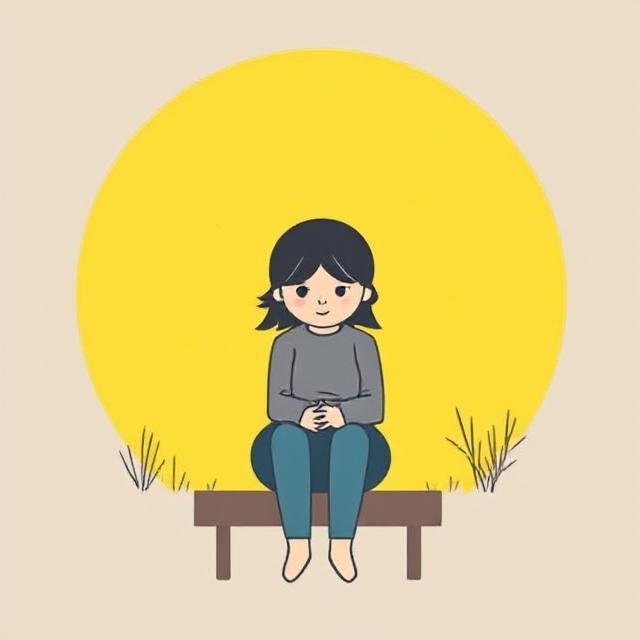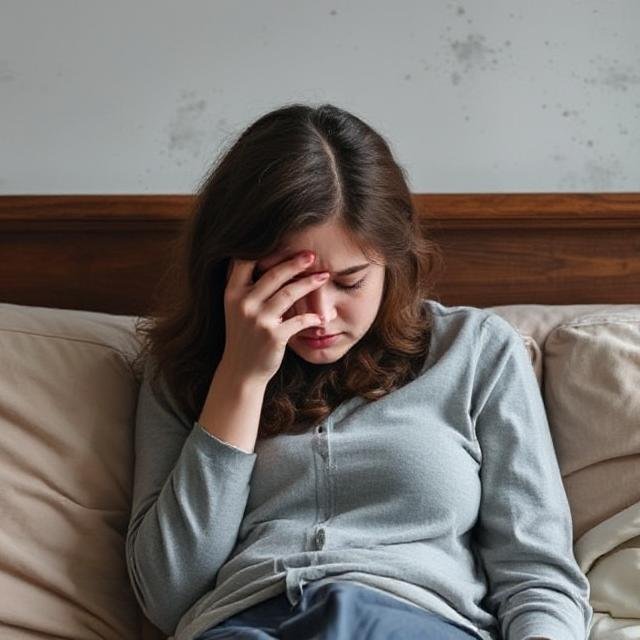Treatment
- soulsunleashed
- July 12, 2025
Depression is not merely feeling sad — it’s a complex, often debilitating condition affecting millions worldwide. The good news is that treatments today are more effective and personalized than ever. From talk therapy to cutting-edge brain stimulation, the range of options is growing, offering new hope even for those with treatment-resistant depression.
This article dives into the most current, evidence-based approaches for treating depression, helping individuals and families navigate their path toward recovery.
FREQUENTLY ASKED QUESTIONS
How long does depression treatment take to work?
Can depression return after treatment?
Are natural treatments effective for depression?
What’s new in depression treatment research?
KEY TERMS
Understanding Depression
Modern Approaches to Depression Treatment
Cognitive Behavioral Therapy (CBT)
CBT remains the gold standard for mild-to-moderate depression. It teaches individuals to identify and challenge negative thought patterns.
Recent meta-analyses confirm CBT’s effectiveness, with lasting effects beyond the treatment period (Cuijpers et al., 2023).





